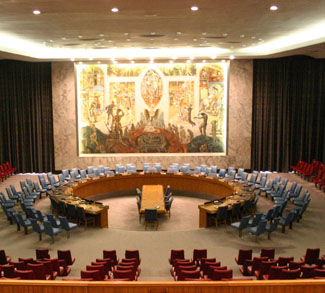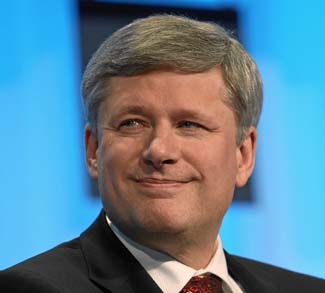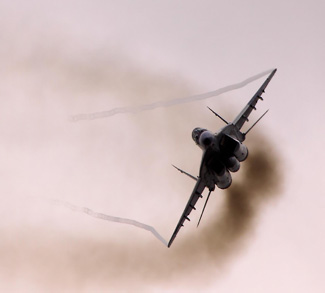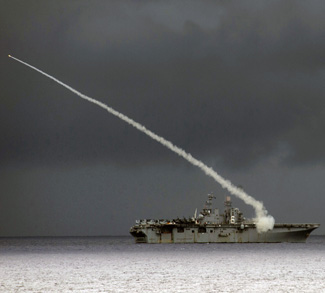According to various news reports, a deal on Syria has been struck at the United Nations between the United States and Russia. Early indications suggest the deal will allow for Russian troops to be dispatched to Syria to guard chemical weapons sites while chemical stockpiles are destroyed. Russia’s Collective Security Treaty Organization (CSTO) allies of Armenia, Belarus, Kazakhstan, Tajikistan, and Kyrgyzstan will also provide troops in order to guard weapons inspectors while they carry out their work within Syria. The Security Council will vote on the resolution this Friday, and it is widely expected to pass.
The United States and its allies had to come down from some of their earlier positions in order to get a deal done. One such position was the inclusion of the International Criminal Court in the resolution text, a stance that Western diplomats must have known would be a quixotic chip that could be offered up as a concession to achieve the real goal: a reference to Chapter VII. Yet here too the Western powers had to compromise in order to get a deal done. Early reports indicate that, though the text being tabled on Friday makes vague reference to Chapter VII, another resolution would be required to authorize the use of force against Syria in the event of non-compliance.
In fact, Russia’s acquiescence on this current resolution is contingent on US diplomats publically acknowledging that military action against Syria would require a second Security Council resolution.
With a draft agreement in place, focus now shifts to the daunting task of implementing a project that is unprecedented in the history of international society: a UN-brokered chemical disarmament amidst a civil war. There are several reasons to believe that the resolution’s stated goal of complete chemical disarmament by mid-2014 will be difficult to achieve. For one, if a permanent installation were to be built in Syria, it wouldn’t become operational until sometime in 2014. This leaves the option of mobile chemical disarmament units, which some say would take years to churn through Syria’s 1,000 ton chemical stockpile.
Security is also a looming question. These operations will be carried out against the backdrop of a civil war, and CSTO troops or not, the tide of battle could shift dramatically over the course of a year, potentially sweeping over chemical sites that are currently taken to be secure.
The other option – transferring stockpiles to a third party for their destruction – has already been rejected by Russia.
These challenges are well-known to those who will agree on Friday’s draft resolution, but these Western diplomats will also be well aware that there’s nothing they can do about it. The credibility of the “red line” and a military response to purported chemical attacks by the Syrian regime vanished almost as soon as the words were spoken. In the UK, Prime Minister Cameron suffered an embarrassing defeat in Parliament, one that there was no recovering from. President Obama always had more room for manoeuvre, in part because of the distribution of powers in the US political system, but he still faced a public that was overwhelmingly against the idea of another military adventure.
Both leaders might have let out a sigh of relief at this forced non-intervention when they heard the news earlier this week that many of Syria’s rebel factions have broken off from the Turkey-based Syrian National Coalition and called for the establishment of Islamic law in Syria. Now it’s difficult for even the most fervent supporters of military intervention to assume that there would be a viable partner on the ground with which to coordinate military operations. Quite the opposite – from a strictly geopolitical point of view, al-Assad may be starting to look like the safest bet amongst several highly volatile contingencies.




